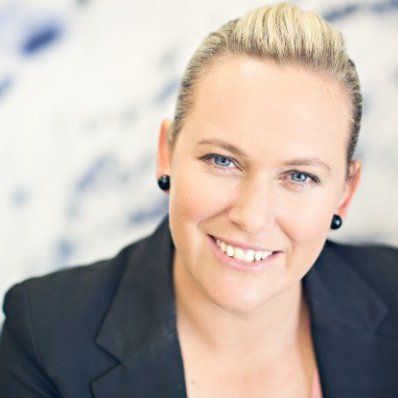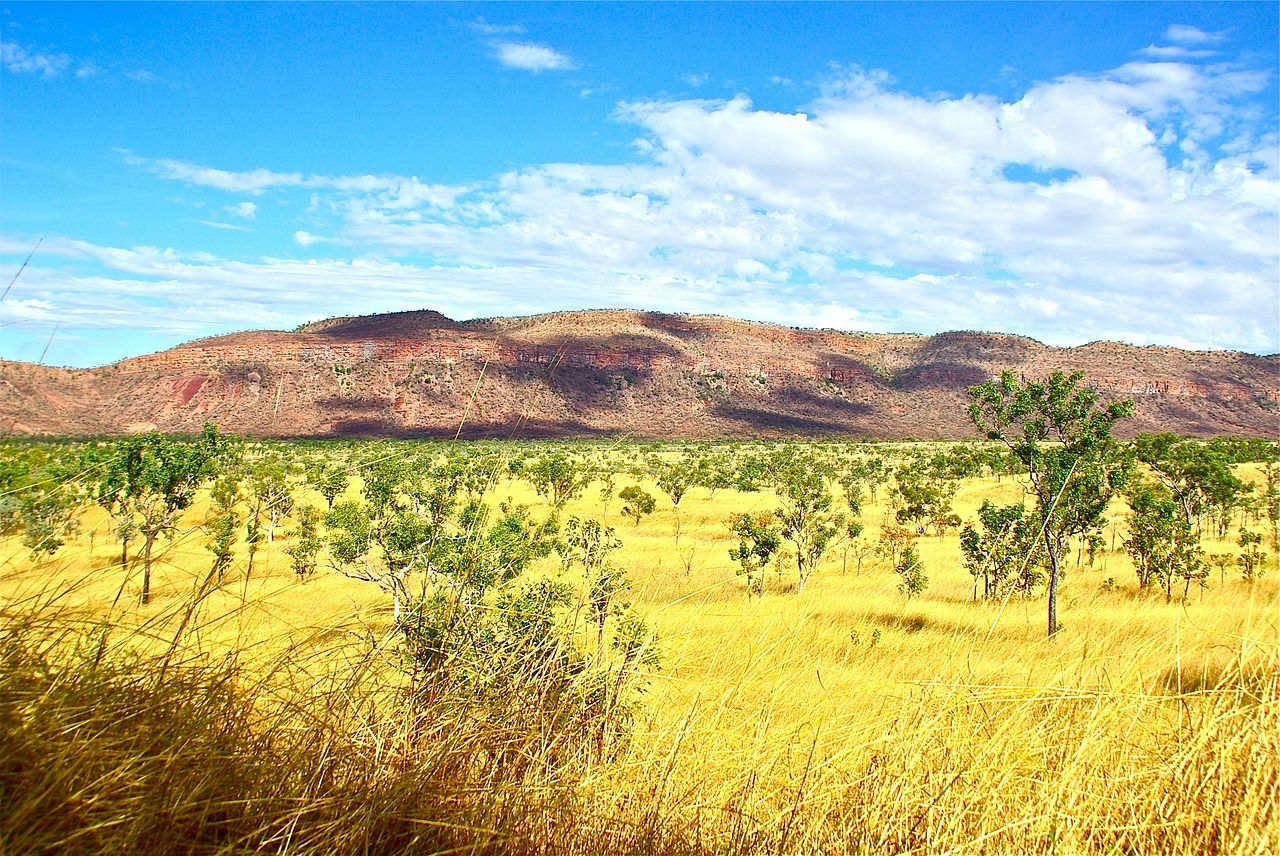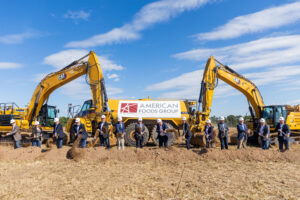Dianna Somerville is on a mission to promote a culture of agriculture innovation in Australia, and agtech is at the core. Based out of Wagga Wagga, or just Wagga to the locals, which is an inland city between Sydney and Melbourne, Somerville is particularly focused on promoting innovation in rural and regional Australia. She has started multiple companies and launched various initiatives to educate, motivate, and empower regional entrepreneurs. She is bringing the best of disruption culture, from hackathons, to pitch events, to angel investing, to create and equip future generations of innovators as well as showcase innovations from existing regional businesses.
Somerville’s work in Wagga illustrates that agriculture innovation in Australia can, and probably has to, occur outside of big cities and established innovation hubs.
We caught up with her to hear more about her work.
Tell me about some of your initiatives to promote agriculture innovation in Australia and what they mean for agtech entrepreneurship.

We have launched a pitch competition, entrepreneurship program, hackathon, and a network to connect angel investors. The first Regional Pitch Fest took place this July. We had a total of $10k in prize money, and a judging panel of entrepreneurs and investors, as well as an audience choice award. I had seen pitch competitions in Sydney and wanted to bring the concept to regional Australia. For me, it wasn’t just about technology, but also about showcasing how existing regional businesses were innovating.
To further support regional entrepreneurship, we created the Regional Opportunities for Entrepreneurs (ROPE) program. This program sends regional entrepreneurs to Sydney, Melbourne, or Canberra to learn entrepreneurship best practices. And, while they travel, the regional entrepreneurs can share with the world what regional Australia is doing. This is especially important for agriculture, where we need to close adoption gap in agtech.
We have also recently launched Bush Angels, a virtual network connecting angel investors focused on agriculture and sustainability with rural businesses looking to raise capital. Currently, the platform educates people about how angel investing works, including the potential risks and upsides. Finally, this September we will hold our first AgriHack. This hackathon is focused on solving challenges in the grains industry.
How does AgriHack work, and why is it different from other agtech innovation events?
The format for AgriHack was inspired by existing hackathons, but has been adapted to address specific challenges in agriculture. There are three main parts: educational, technological, and social. The educational component is intended to equip the next generation of agtech entrepreneurs. During the hackathon, we will be educating primary school aged kids about both agriculture and technology. The technological and social components will function more like traditional hackathons. Each will feature an industry-relevant challenge, and multi-disciplinary teams of students, designers, industry experts, growers, and engineers will compete over 48 hours to win a cash prize. The social theme for this year is female mental health; we are still confirming a grains industry partner to seed the technical challenge.
Though this year will focus on the grains industry, the vision is to expand the event to other sectors, such as livestock, in future years.
What’s so special about rural and regional Australia, and is this new?
There’s more and more innovation happening in rural and regional Australia recently, but farmers have always been innovators. There’s a lot of hype about the need to bring innovation ‘back to the region,’ but what I’m saying is that it’s already happening here; just come have a look.
I have been fortunate to have other entrepreneurs around me and other innovation initiatives to leverage, like the WorkingSpaces HQ. This co-working space is my office, and the birthplace of AgTribe, an agtech startup that allows farmers to rent and share expensive farming equipment. Co-working spaces like ours create an environment that helps everyone to do better. There are good people, events, support, and plenty of inspiration. Our community is proving that you can be an innovator in regional Australia.
It’s especially exciting to notice that many of these initiatives are supported by, or run by, women, many of whom are farmer’s wives. This provides a diversified stream of income for the farms, while simultaneously leveraging extensive domain expertise so that innovations are grounded in reality and companies are formed to solve real problems.
Is it working? How has the community responded?
Our initial goal has been to educate the community by broadening their perspective on what the possibilities are for innovation. A big aspect of this is teaching the language and terms of innovation. Not everyone is familiar with the startup lingo, like “hackathon”, but after I explained what this was, the community has responded extremely positively. We’ve gotten media coverage and events have been packed.
Another example is the pitch event. The general community here didn’t know what a “pitch” was. But the feedback after the first Regional Pitch Fest event, which had over 100 people in the room and over 600 on the live stream, was hugely positive. Many people came up to me and said, “I have an idea and I can’t wait to participate next year.”
We have also already seen some great examples of agtech startups coming out of rural and regional Australia, such as AgTribe, Silicon Paddock, and AgDraft.
What does the future look like for rural and regional agriculture innovation in Australia, and for you?
Innovation is the very much the flavor of the month right now in Australia, especially with the recent government innovation initiative. And agtech especially is getting attention as the innovation community sees it as an untapped area. It’s not clear if the hype will last, but my goal is to build sustainable innovation infrastructure around agriculture that will last beyond the hype. Initiatives like AgriHack will have to evolve and change, for example to focus on relevant issues and make sure we have the right people in the room as sponsors and to provide pressing challenges that we can work to solve. Right now, I’m focused on this year’s AgriHack in the grains industry, but in future years I will expand to other commodities. And we’re building everything to scale beyond Wagga to other regional communities across Australia.
We’re also launching an incubator program called 35 Degrees Incubator. Our goal is to help rural communities address challenges in agriculture, as well as diversify out of agriculture to find ways to make money on the side of farming. Participants will have to apply with an idea to get into the program, which will include face-to-face support, virtual training, events, and a final ‘demo day’. Aspiring entrepreneurs will come away from the incubator knowing both what is possible and what it takes to make an idea into a business.
As for me, whatever I can do to promote innovation in the region, that’s what I’ll be doing. After 14 years in the public sector, the innovation world is a blast. There’s no red tape and you can get so much done. I’m excited to share this with others in the region and get them involved.
Do you have other examples of rural or regional agriculture innovation in Australia and beyond to share? Get in touch by emailing [email protected].





